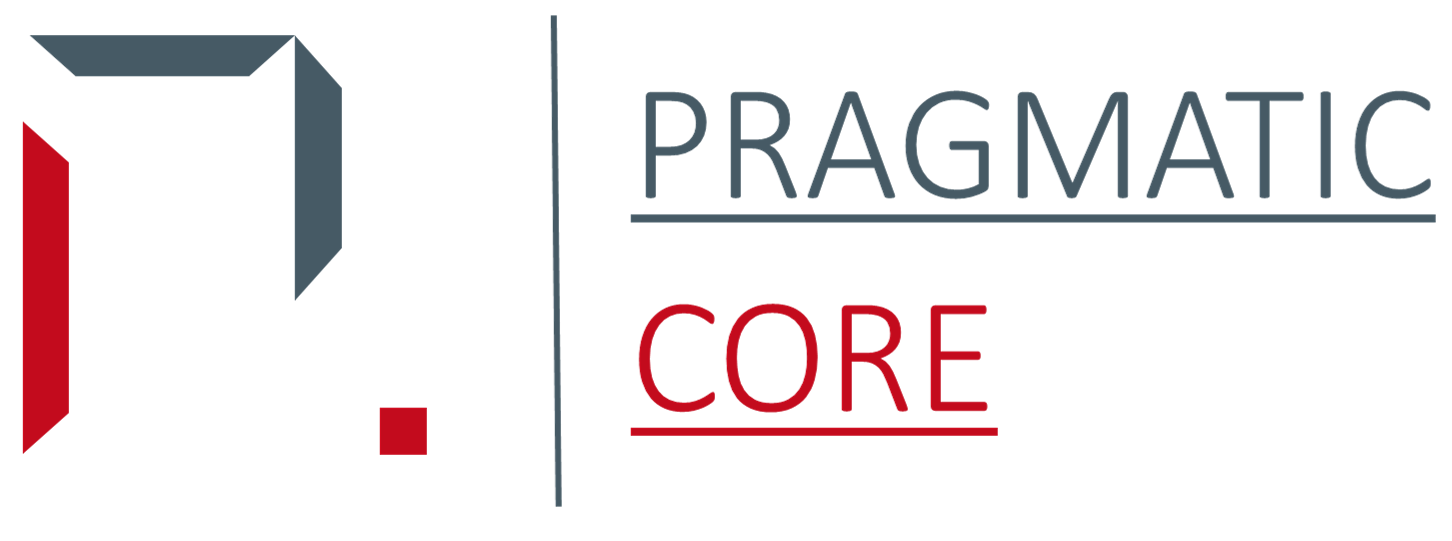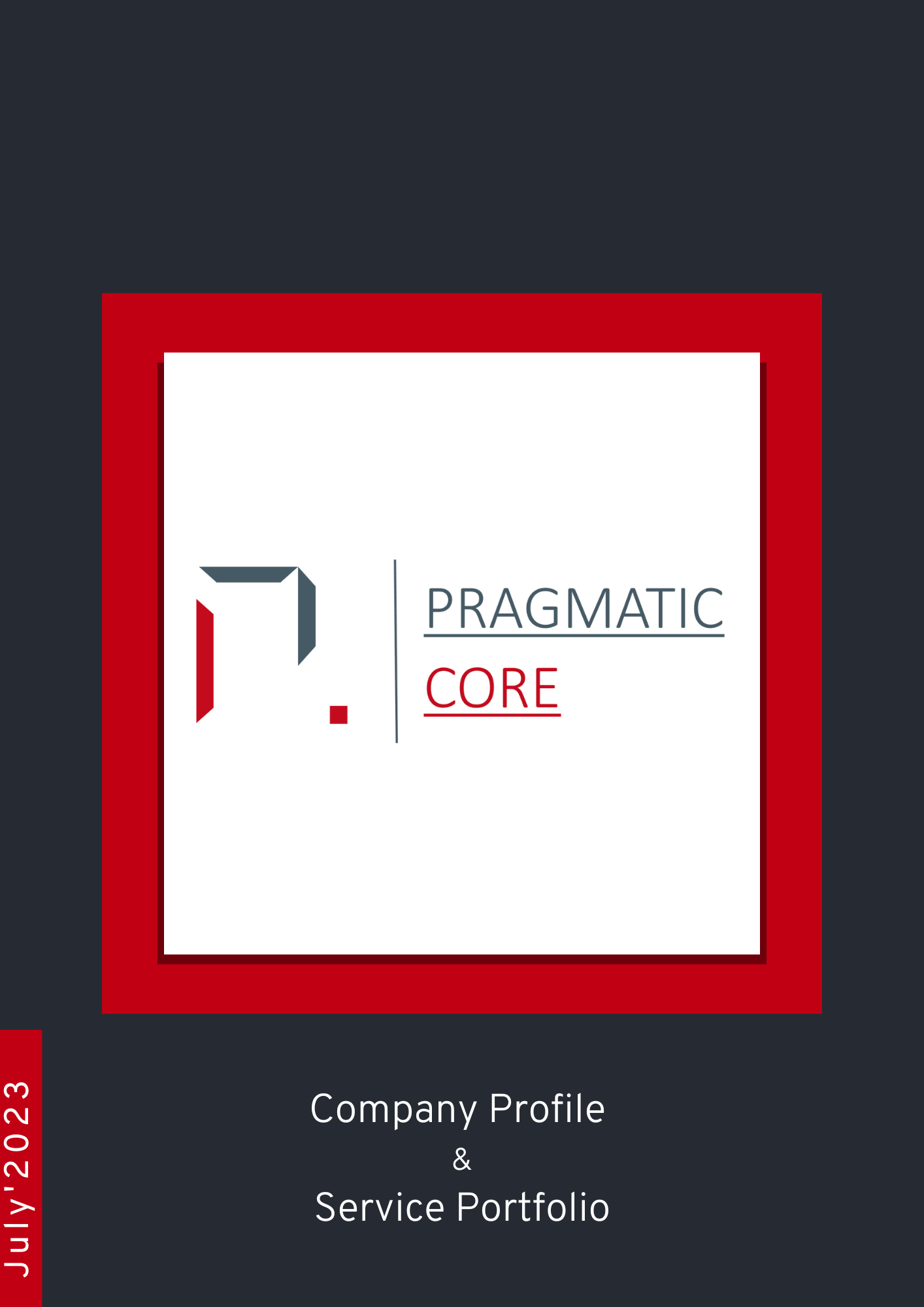Banking & Finance
Partnership of the future: synchronized Banking with SMEs, E-commerce, Last mile logistics and Distribution centers
Bankruptcy
Borrowing
Global banking & finance BPO market is projected to reach $174.94 billion by 2028.
A guide to how banks and fintech companies can educate their consumers
Global consumers are always concerned about bankers and fintech industrialists, with the history itself these concerns may have a fair bit of legitimacy. On the other hand as the digital banking solutions grow these concerns also bring vast gaps of opportunities to build trust and promote consumer and SMEs prosperity.
Pragmatic Core discusses the impact of educating users to promote wellbeing through empowered consumer and commercial banking for individuals and SMEs. Learn how using digital tools and development of well-rounded omni channels strategy to increase interactions, further learning and strengthening development of individuals and businesses can play pivotal role in building trust.
Curious for More? Lets unlock possibilities together

OVERVIEW
The banking and finance industry has persistent problems, including unsustainable cost structures, falling revenues, and a constantly evolving customer base. An increasing number of customers are moving their banking activities to digital channels, new non-bank disruptors are entering the market, and online and mobile banking have become increasingly popular.
Banks now operate in a high-stakes, always-on environment brought on by the convergence of unrelenting technical development and ever-shifting regulatory obligations. The global pandemic sparked change in this context, and as a result, business leaders are looking for ways to strengthen their organizations’ ability to withstand setbacks, capitalize on new possibilities, and successfully navigate emerging risks.
A successful strategy now requires the seamless integration of digital and physical channels as fintech develops and consumer preferences change. This highlights the importance of providing a flawless and energizing experience for your customers.
Digital technologies are eroding traditional advantages and ushering in new competitors in the retail banking industry. No matter where you are on the economic spectrum, profound shifts are in motion and require immediate attention and action. One in five customers now use challenger banks instead of traditional banks for their primary account. It’s time for the financial services industry as a whole, including banking, insurance, and payments, to define the nature of their customer interactions and implement definitive changes.
While Web 2.0 fostered engagement, Web 3.0, often known as the Internet of Value, ushers in a revolutionary new era. Users do more than just exchange data; they also directly trade goods and services, cutting out the middlemen. The digital assets ecosystem, which includes smart contracts on blockchains and distributed ledger technology, has emerged in a sector that has previously relied on old railroads. The democratization of transactions made possible by decentralized finance (DeFi) alters the status quo and necessitates adjustment.
Banks and other financial organizations will need to rethink their services if they want to stay relevant. The collaborative approach taken by Pragmatic Core helps businesses reduce risk, cut costs, encourage creativity, strengthen relationships with customers, make better use of analytics, and make quantum leaps in the digital space.
Pragmatic Core is a reliable companion as you make your way through the financial markets. Together, we can help your organization thrive in this time of rapid transformation by reducing risks, maximizing benefits, and minimizing disruptions.
Our Insights
Role of banks in SMEs tech transformation.
As the growth of SMEs hinges on transformation, Banks and financial institutions play pivotal role in streamlining financial operations.We discuss how banks can lay down pathways to guide SME development in successful transformation initiatives reducing vulnerability to cost opportunities both at home and in global market. These opportunities harness long-term sustainability for banks and SMEs with doorways to global trade.



